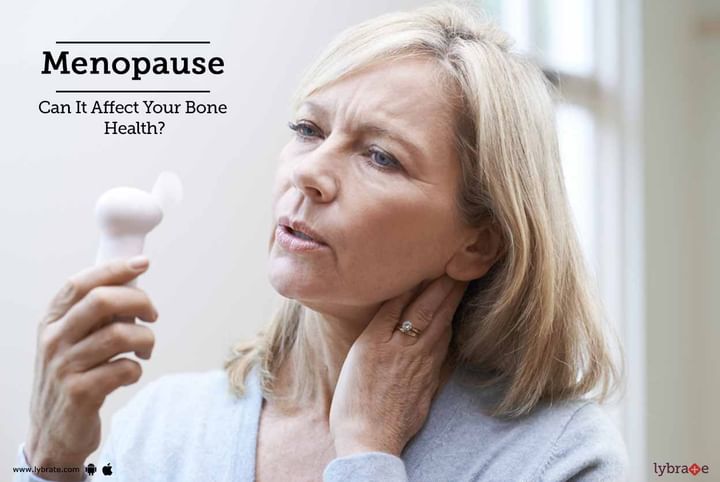Menopause - Can It Affect Your Bone Health?
Menopause is a condition that marks the end of the menstrual cycle. It is a normal phenomenon that women experience with age. Menopause affects the bone health adversely. Bone health is directly tied to oestrogen, the hormone responsible for reproductive cycles, pain sensitivity. As a woman moves out of her fertile years there is an internal change in the reproductive system and the consequences can be seen and felt all over the body, including the bones.
The years just preceding menopause, with their hormonal fluctuations can set the stage for later health issues like bone weakening. As the oestrogen level drops, the bone density starts to decline which continues for a long period of time. The bone loss can become significant during perimenopause (the decades making up to menopause) and will speed up in the first few years of menopause.
The oestrogen level directly affects the process known as bone remodelling; the constant breakdown and the remodelling of the bone in the skeleton. With less oestrogen in the body cells called osteoclasts are able to absorb bone at a faster rate than osteoblasts (bone-building cells) are able to regenerate new bone. Thus the bone remodelling equation is no longer equal and the bone density continues to decline.
The osteoporosis risk after menopause is a serious one, yet so many women refuse to pay it much attention. Perhaps it’s because the bone damage isn’t visible, or that bone loss continues so gradually for so many years. While the bone loss cannot be completely halted, there is plenty that can be done to slow it down. Here are some ways to take care of your bone health before or after menopause.
- Stay active: Adopting an active lifestyle after menopause helps in protecting the bones. It's recommended that adults between 19 to 64 years of age should do moderate to intense activity. This could include activities such as cycling or brisk walking. Sitting for long hours should be avoided. Weight-bearing exercises and resistance exercises are particularly important for improving bone strength and helping to prevent osteoporosis.
- A balanced healthy diet: A healthy, balanced diet that includes calcium and vitamin D will help maintain healthy bones after the menopause. Good sources of calcium include green, leafy vegetables (but not spinach), nuts, seeds, dried fruit, tinned fish with the bones in, and dairy products like milk, yoghurt and cheese. Good food sources of vitamin D include oily fish, eggs, and fat spreads or breakfast cereals
- Hormone replacement therapy: HRT can be an effective treatment for common menopausal symptoms like night sweats, sleep disturbance and achy joints. It works by replacing oestrogen, which naturally begins to lower post menopause. HRT can also help to maintain bone density and reduce the risk of osteoporosis.
In case you have a concern or query you can always consult an expert & get answers to your questions!



+1.svg)
